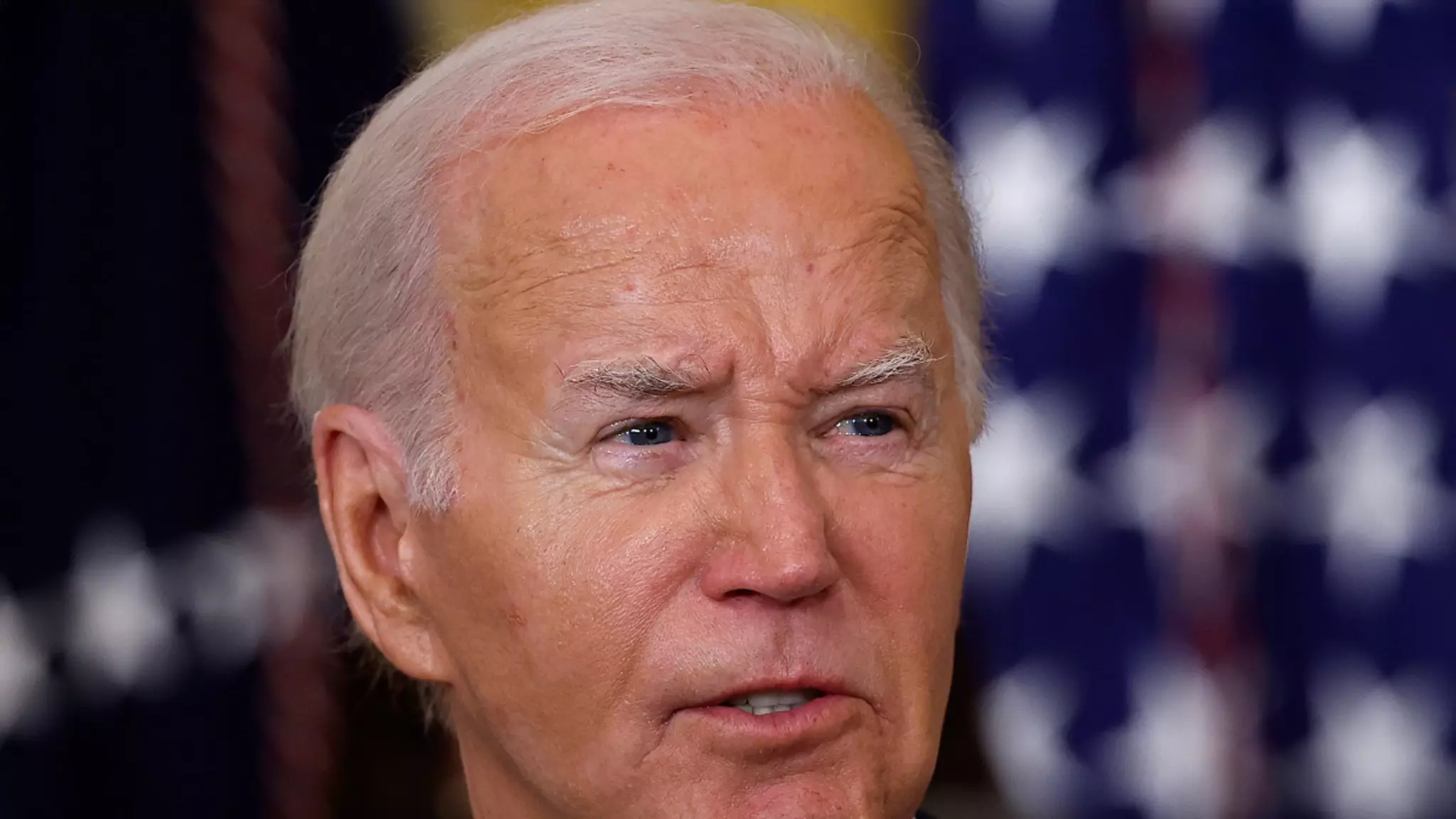The surge of attention surrounding President Joe Biden’s age and health has become an undeniable narrative in political discourse. Considering he is the oldest sitting president in U.S. history at 82, the concerns are not just idle chatter; they are reflections of genuine worries lodged deep within the fabric of American politics. Reports reveal that aides during Biden’s campaign engaged in serious discussions about potentially rolling him out in a wheelchair if the scenario demanded it. This startling consideration underscores how serious his team perceived his physical decline to be. As much as the political discourse demands a strong candidate image, the pragmatic choices of Biden’s aides illuminate the lengths to which they would go to shield him from scrutiny.
Biden’s well-documented stiff and slowed gait often hinted at an underlying vulnerability. These physical manifestations raised eyebrows and led political analysts to wonder if they signaled deeper issues—a suspicion bolstered by sentiments captured in the book “Original Sin,” co-authored by CNN’s Jake Tapper. When aides weighed the optics of his mobility, the concept of a wheelchair, while dismissed, starkly emphasizes how his health became intertwined with his political strategy. Is this the health of a leader equipped to navigate the complexities of a divided America?
The Cognitive Dilemma: Assessing Biden’s Mental Acuity
The scrutiny surrounding Biden is not limited to his physical capabilities; his cognitive health is an equally hot topic. Amid rising concerns about his sharpness and mental agility, political implications grow graver, particularly as a looming 2024 election could potentially usher in a pivotal shift in leadership. Eyewitness accounts reveal a noticeable decline in his usual vigor and coherence during public appearances, amplifying calls from within his party questioning his viability as a candidate. Under pressure, discussions of him stepping aside have gained traction, creating a space for Vice President Kamala Harris to emerge as a possible contender.
The whispers of Biden’s cognitive struggles have sparked a troubling dialogue about how age shapes leadership capabilities. In a climate fraught with divisive politics and simmering societal tensions, these issues cannot be dismissed lightly. The risk isn’t just about Biden himself; it is about the message his health sends to American citizens who crave assertiveness and clarity in leadership.
Healthcare, Beyond Politics: The Ongoing Saga
In the midst of political maneuvering, Biden also finds himself confronting personal health challenges beyond public scrutiny. Recent reports of a small prostate nodule necessitate further examination, underscoring the reality that even while political strategizing occurs, personal health remains paramount. The mere act of spending time in a hospital conveys an unsettling message about the vulnerabilities that come with aging. This situation moves the conversation beyond political point-scoring and nudges it into the deeply human realm of health, resilience, and the quest for longevity amidst pressure cooker scenarios.
For all that Biden has faced, the conversations surrounding him can feel overly critical and, at times, impersonal. While his aides grapple with how to present their candidate, the very essence of leadership—human frailty—remains woven into the narrative. As Biden continues to navigate the unpredictable landscape of American politics and his own health, the blend of empathy and scrutiny he faces will likely shape the contours of his presidency and how historians will assess his legacy down the line.

